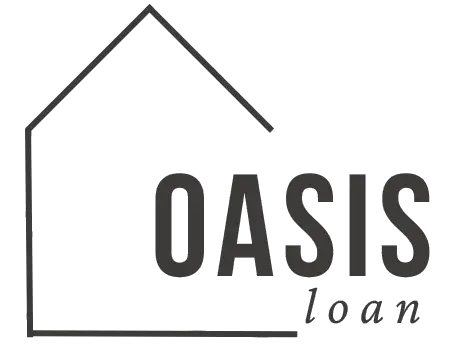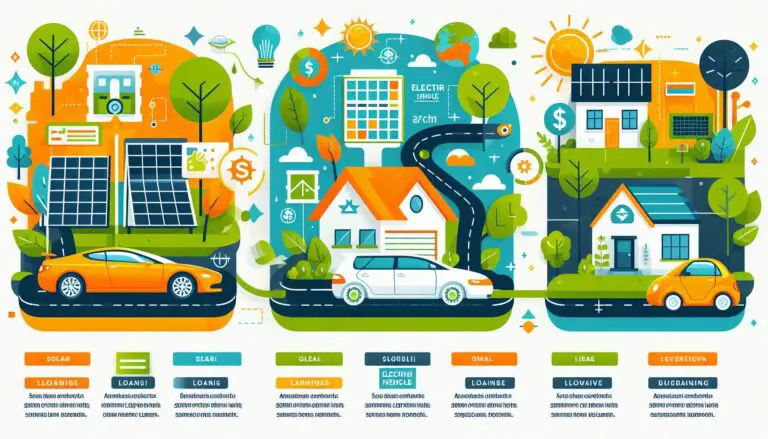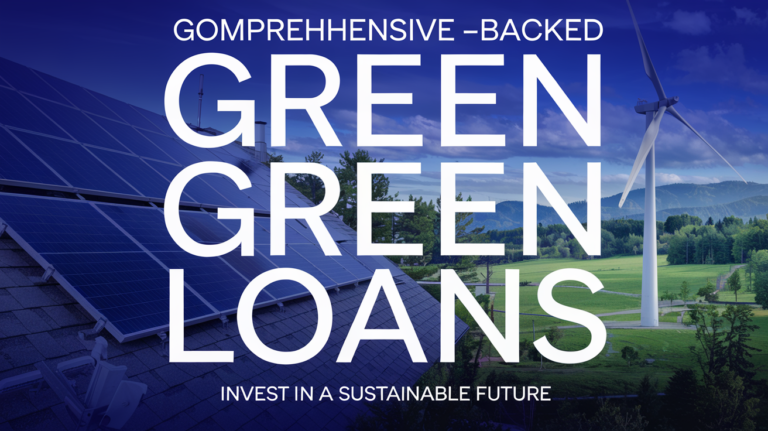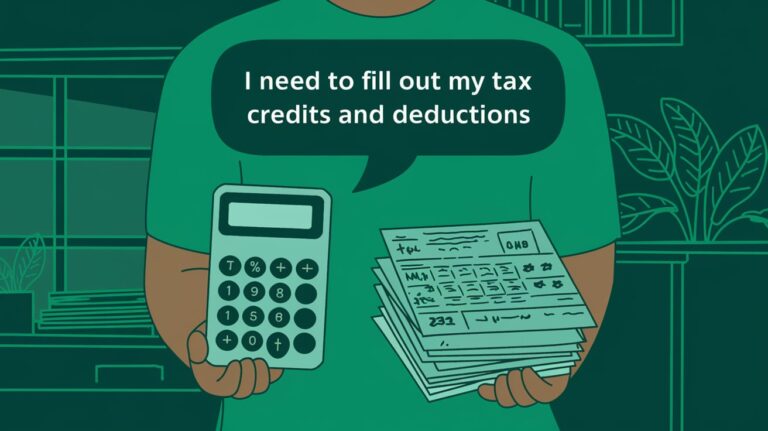Eligibility Requirements for Green Home Improvement Loans
When considering green home improvement loans or loans for solar panels, understanding eligibility requirements is crucial. This article delves into the factors that influence your eligibility for these loans. By knowing what lenders look for, you can better prepare yourself and increase your chances of approval. Let’s explore the key eligibility requirements in detail.
General Eligibility Criteria for Green Home Improvement Loans
1. Credit Score
A strong credit score is often a fundamental requirement for securing green home improvement loans. Lenders use your credit score to assess your financial reliability. Generally, a score above 650 is considered favorable. Higher scores can lead to better interest rates and loan terms.
- Why it Matters: A good credit score demonstrates your ability to manage debt responsibly, which is essential for loan approval.
- Improving Your Score: Pay off outstanding debts, ensure timely bill payments, and reduce your credit card balances to boost your score.
For more information on credit scores, check out this credit score guide from Experian.
2. Income Verification
Lenders need to verify your income to ensure you can repay the loan. This involves providing proof of your earnings, such as pay stubs, tax returns, and bank statements.
- Stable Income: A steady job with consistent income reassures lenders of your repayment ability.
- Self-Employed Individuals: If you’re self-employed, you’ll need to provide more extensive documentation, including profit and loss statements.
To learn more about income verification, refer to this IRS guide on income verification.
3. Debt-to-Income Ratio
The debt-to-income (DTI) ratio is a key factor in loan eligibility. This ratio compares your total monthly debt payments to your gross monthly income.
- Ideal Ratio: A lower DTI ratio indicates that you are not overburdened by debt. Most lenders prefer a DTI ratio below 36%.
- Calculating Your Ratio: Divide your total monthly debts by your gross monthly income to determine your DTI ratio.
For more details on how to calculate your DTI ratio, see this DTI calculator from Bankrate.
Eligibility Requirements for Loans for Solar Panels
1. Property Ownership
To qualify for loans for solar panels, you generally need to own the property where the solar panels will be installed. This is because the loan is secured by the property.
- Homeowners: Homeowners have an easier time qualifying as they have equity in the property.
- Renters: Renters usually cannot access these loans unless they get approval from their landlord.
2. Energy Savings Potential
Lenders often evaluate the potential energy savings from installing solar panels. They assess whether the installation will significantly reduce your utility bills.
- Energy Audit: Some lenders may require an energy audit to estimate the savings.
- Estimated Savings: Higher potential savings can improve your chances of loan approval.
Requirements for Green Home Improvement Loans
1. Eligible Home Improvements
Not all home improvements qualify for green home improvement loans. Eligible projects typically include energy-efficient upgrades such as insulation, windows, and heating systems.
- Types of Improvements: Solar panels, energy-efficient windows, and HVAC systems are common examples.
- Verification: Ensure that the improvements meet the lender’s criteria for energy efficiency.
For a comprehensive list of eligible improvements, check out this Energy Star guide.
2. Certification and Documentation
Certain green home improvement loans may require certification or documentation to verify that the improvements meet energy efficiency standards.
- Certification: Obtain certification from recognized organizations such as LEED or the Home Energy Rating System (HERS).
- Documentation: Keep all receipts, warranties, and certificates related to the improvements.
Loan Application Process
1. Pre-Approval
Before applying for a loan, consider getting pre-approved. This process involves a preliminary assessment of your eligibility based on financial information.
- Benefits: Pre-approval gives you an idea of the loan amount you can qualify for and strengthens your negotiating position.
- Process: Submit basic financial information to a lender for review.
2. Full Application
Once pre-approved, you need to complete a full application. This involves providing detailed financial documentation and information about the proposed home improvements.
- Documentation: Prepare to submit your credit report, proof of income, and details of the home improvements.
- Review: The lender will review all documentation and assess your eligibility based on the criteria discussed.
Additional Considerations
1. Loan Terms and Conditions
Understanding the terms and conditions of your loan is crucial. Pay attention to the interest rates, repayment terms, and any fees associated with the loan.
- Interest Rates: Compare rates from different lenders to find the best deal.
- Repayment Terms: Ensure the repayment schedule fits your budget.
2. Government Programs and Incentives
Explore government programs and incentives that may enhance your eligibility for green home improvement loans or loans for solar panels.
- Incentives: Look for federal and state programs that offer rebates or tax credits for energy-efficient home improvements.
- Programs: Programs like the Property Assessed Clean Energy (PACE) can provide additional financing options.
For more information on government incentives, visit the U.S. Department of Energy’s website.
Conclusion
In summary, understanding and meeting the eligibility requirements for green home improvement loans and loans for solar panels can significantly enhance your chances of securing financing. From maintaining a good credit score to proving your income stability, each requirement plays a vital role in the loan approval process. By preparing thoroughly and meeting these criteria, you can successfully obtain the funding needed for your green home improvement projects.







